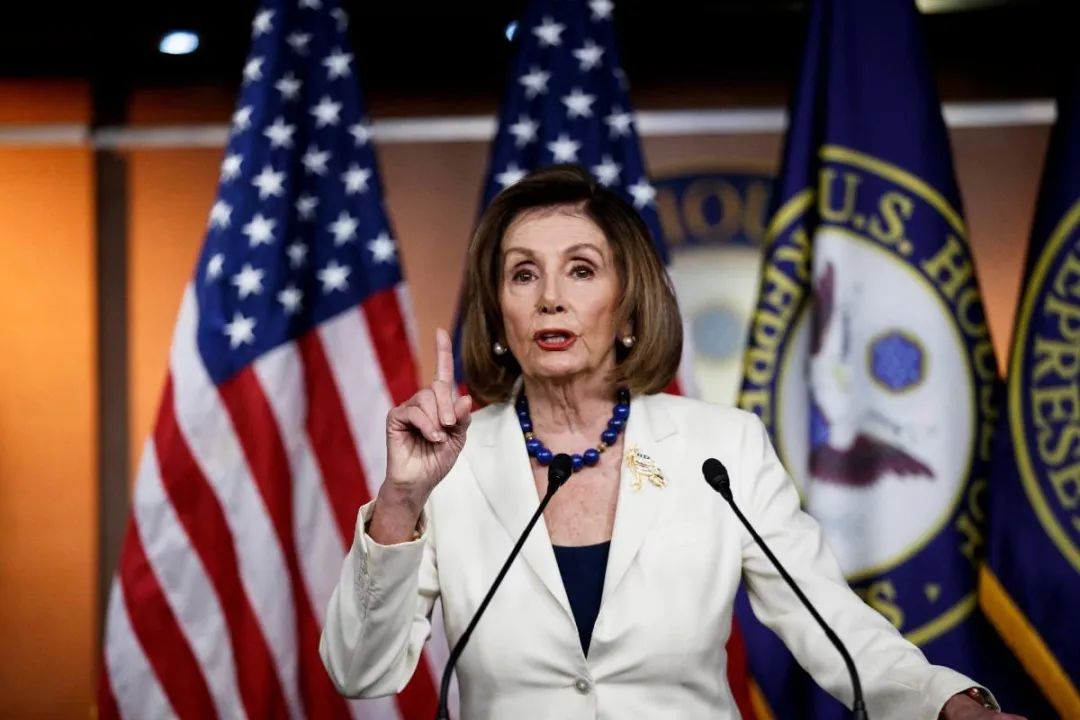
Abstract
In a phone call with U.S. President Joe Biden on July 28, President Xi reiterated his steadfast opposition to so-called "Taiwan independence" and the interference of external forces in China’s internal affairs. He stated emphatically that he would never allow any space for Taiwan independence forces. Immediately following this, Pelosi prepared to visit Taiwan—the purpose of her trip, however, is unknown. Pelosi is clearly neither the first, nor will she be the last, American official to visit Taiwan.
Prior to this visit, Newt Gingrich, then-Speaker of the House, visited Taiwan 25 years ago, precipitating a crisis in Cross-Strait relations. Following numerous battles and conflicts, relations between China and the United States in the Taiwan Strait have generally developed smoothly thereafter. However, since the outset of the Trump administration, Sino-American relations have become increasingly unstable, particularly regarding Taiwan. While the policy of “strategic ambiguity" has not been officially abandoned, it is evident that the United States is contributing to Taiwan's independence movement by actively engaging in salami slicing tactics. In contrast, China's transparent "bottom line" has not had a significant deterrent effect on the United States. Unquestionably, in light of the new state of Sino-U.S. relations, we must immediately reevaluate the future of the Sino-U.S. relationship and the strategy of national reunification in order to achieve the overarching objective of national reunification.
Research Questions
-
China's response to U.S. House Speaker Pelosi's visit to Taiwan
-
The externalization of the U.S.’ domestic governance crisis and its causes
-
How to turn crisis into opportunity and seize the opportunity to reunify Taiwan

